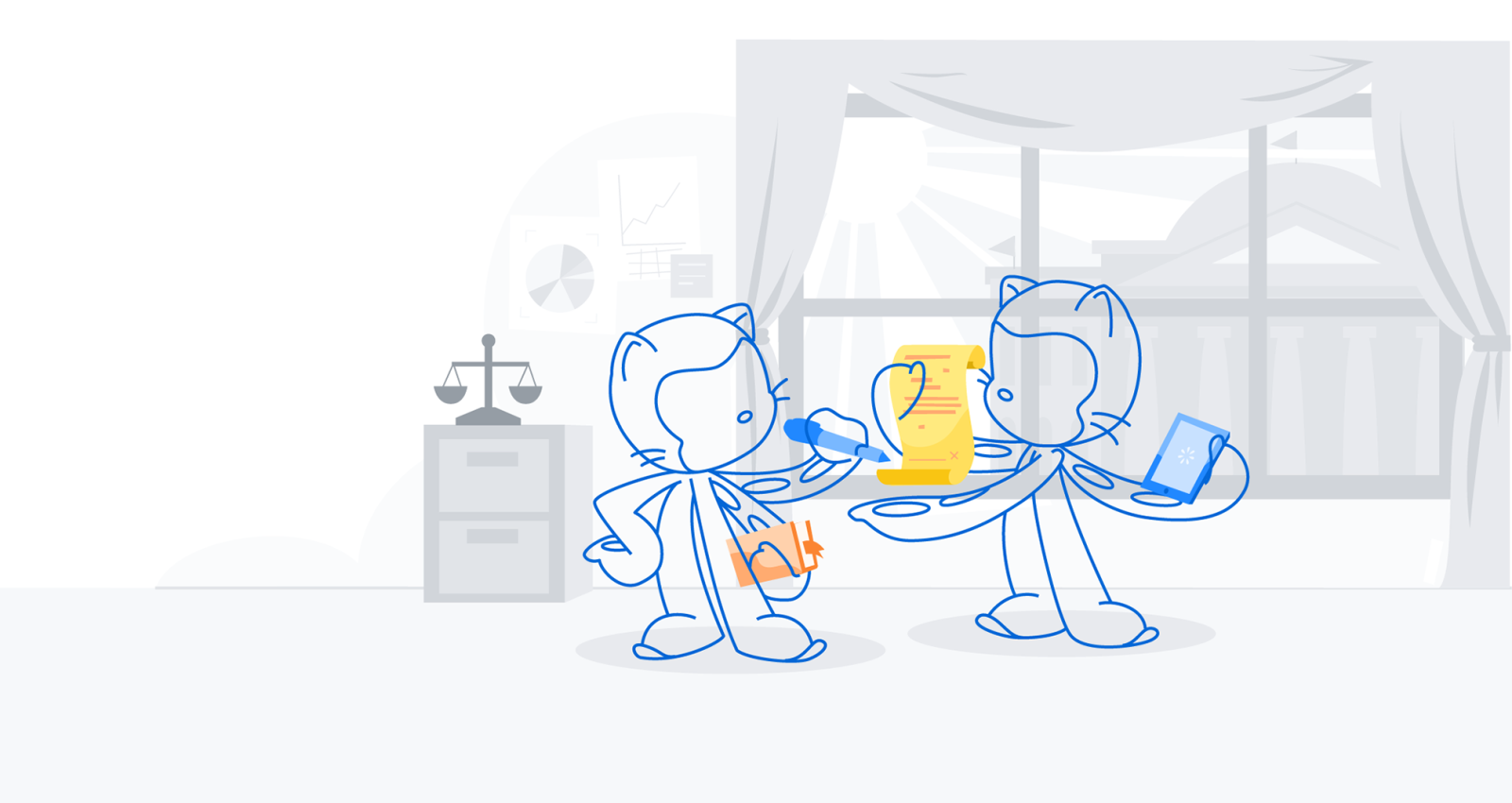Earlier this week, the EU cleared its final hurdle in passing a controversial new copyright law, the EU Copyright Directive, which is set to go into effect in two years.
Until this new law, the EU’s protections for platforms that host user-generated content were similar to those in the US Digital Millennium Copyright Act (DMCA). The DMCA sets out a notice and takedown process. Essentially, platforms aren’t liable for copyright infringement in uploaded content as long as they “expeditiously” take down that content when they receive a notice—and that notice fulfills DMCA requirements. Such protections are often referred to as a safe harbor for platforms.
The EU Copyright Directive law could change these rules in a significant way for “online content sharing service providers,” and potentially push them to apply filtering technology to uploaded content. As we’ve explained, that would be disastrous if applied to software development platforms.
With your help, we succeeded in protecting open source software development platforms from the new EU law. Policymakers in the EU now understand that software development platforms are irrelevant to the kinds of copyright infringement they were targeting. After our discussions, they realized the implications for software developers’ rights as copyright holders and the need to clearly exclude platforms like GitHub.
Last week, the US Copyright Office held a public roundtable on new legal developments related to the DMCA’s safe harbor since 2017. This is part of a study the US Copyright Office is conducting to evaluate the impact and effectiveness of the DMCA’s safe harbor provisions. GitHub participated in the session on international developments, focusing on our contributions to the EU Copyright Directive.
We explained that:
- The DMCA’s safe harbor has been essential to enabling innovation to thrive over the last two decades;
-
GitHub itself relies on the DMCA safe harbor because software code is subject to copyright and we follow the notice and takedown system;
-
We were very concerned when the EU law initially proposed the Copyright Directive because it put the safe harbor that software development relies on at risk;
-
Although we were able to secure a “carveout” for open source software development platforms and keep our safe harbor protections, there are many services that developers are building that may need to contend with changes in the law; and
-
This underscores the fact that tinkering with the safe harbor threatens the reliability and stability of software and puts innovation at risk.
We reminded the US Copyright Office of two key facts: First, software developers are copyright holders too, and when developers license their code under an open source license, that means they want people to be able to study, use, modify, and redistribute their code. Second, GitHub’s business model isn’t to make money from the sharing of that code. This sets us apart from platforms that profit from their users’ uploads of copyrighted music and video.
We noted that software projects are often made up of hundreds of dependencies too, which can be licensed in different ways. When a filter catches a false positive and dependencies disappear, this not only breaks projects—it cuts into software developers’ rights as copyright holders too.
We also offered to share our experience working with lawmakers in Brussels with the US Copyright Office.
Our contributions to the US Copyright Office’s discussion are an example of how GitHub represents developers in policy discussions that affect us all. Our GitHub Policy Team will continue engaging with policymakers to make sure they understand how these proposals impact developers and to advocate for developers everywhere.
Join us!
Check back here soon for the recording of the event once it’s available. Thanks to Professor Rebecca Tushnet for liveblogging the event.
Written by
I'm GitHub's Director of Platform Policy and Counsel, building and guiding implementation of GitHub’s approach to content moderation. My work focuses on developing GitHub’s policy positions, providing legal support on content policy development and enforcement, and engaging with policymakers to support policy outcomes that empower developers and shape the future of software.



